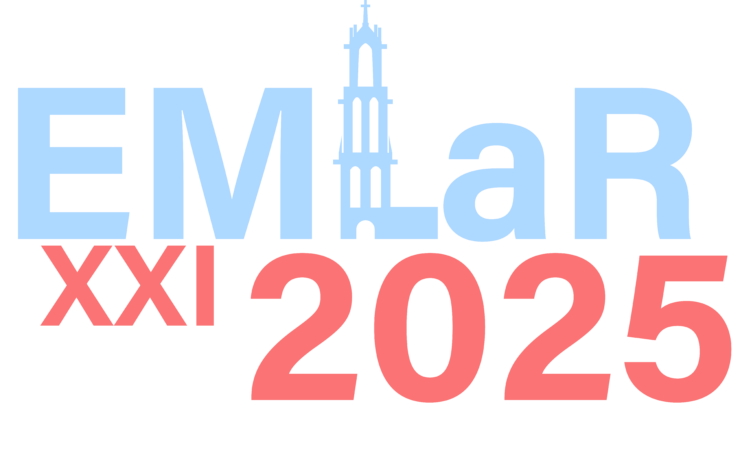Tutorials
Event-related Brain Potentials (Introduction)
Tutorial Teachers: Floor van den Berg
Affiliation: University of Amsterdam
Event-related brain potentials, ERPs, are changes in electrical activity in the brain resulting from a specific stimulus or activity. ERPs are known for their excellent temporal resolution and are an ideal measure to examine the processing of language as the input unfolds over time.
This tutorial offers a brief general and practical introduction to the ERP technique and its use in studying the nature and time course of sentence comprehension. We will start with a brief description of the most important language-related ERP components (e.g., the N400 and P600), but will soon turn towards more practical matters. Specifically, the methodological difficulties of designing an ERP experiment as well as the practical challenges of conducting ERP experiments will be discussed. During the second part of the workshop, participants will scroll through raw datasets consisting of a continuous electroencephalogram (EEG). We will go through some of the many steps that are required in order to extract the ERP, i.e., that part of the EEG that represents the activity resulting from the stimulus.
After completing this tutorial, participants will have a basic, but clear understanding of the ERP technique and how it can be used to assess mechanisms underlying language comprehension. Moreover, they will be aware of the main methodological and practical matters that need to be considered in order to successfully design and conduct ERP experiments in language research.



